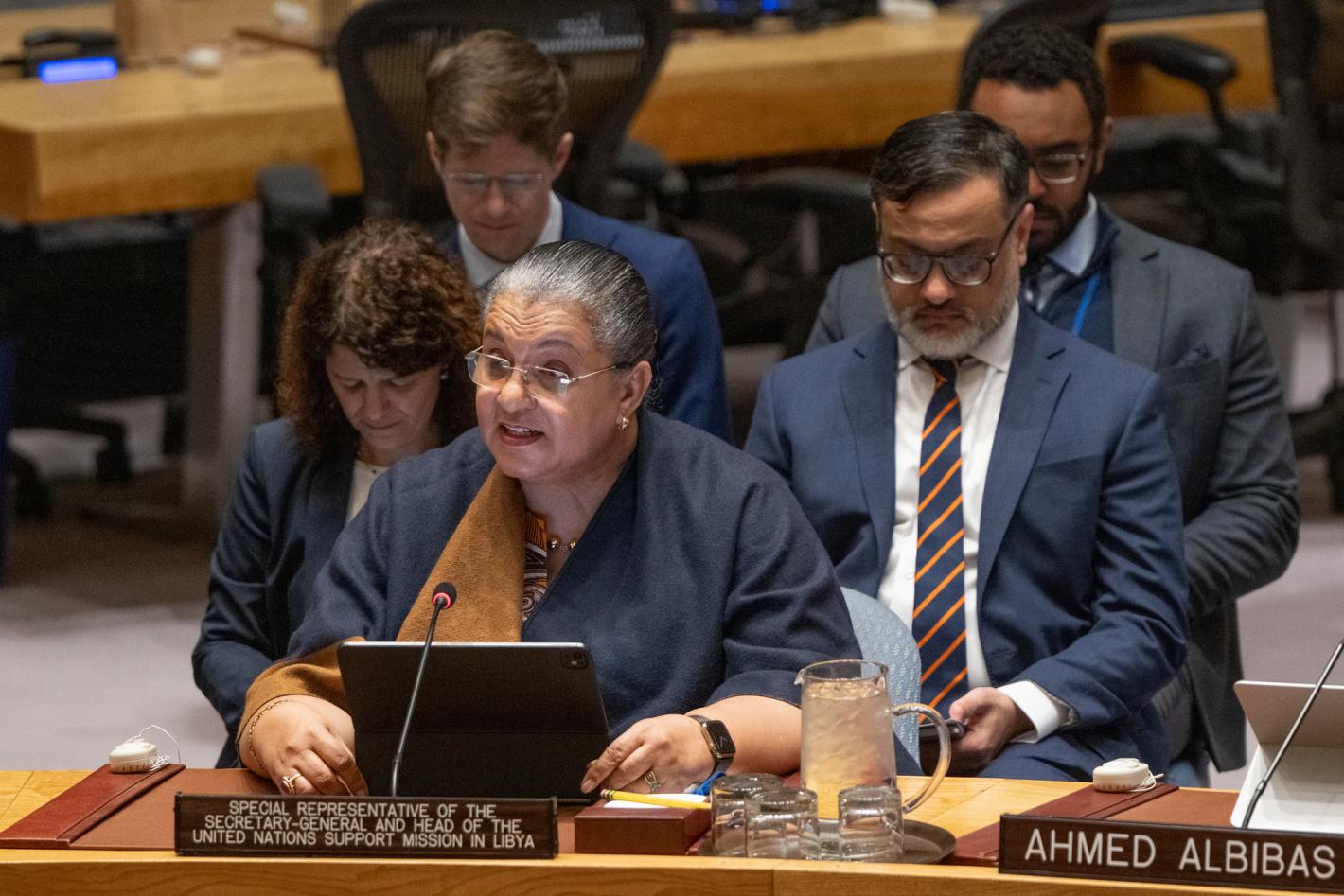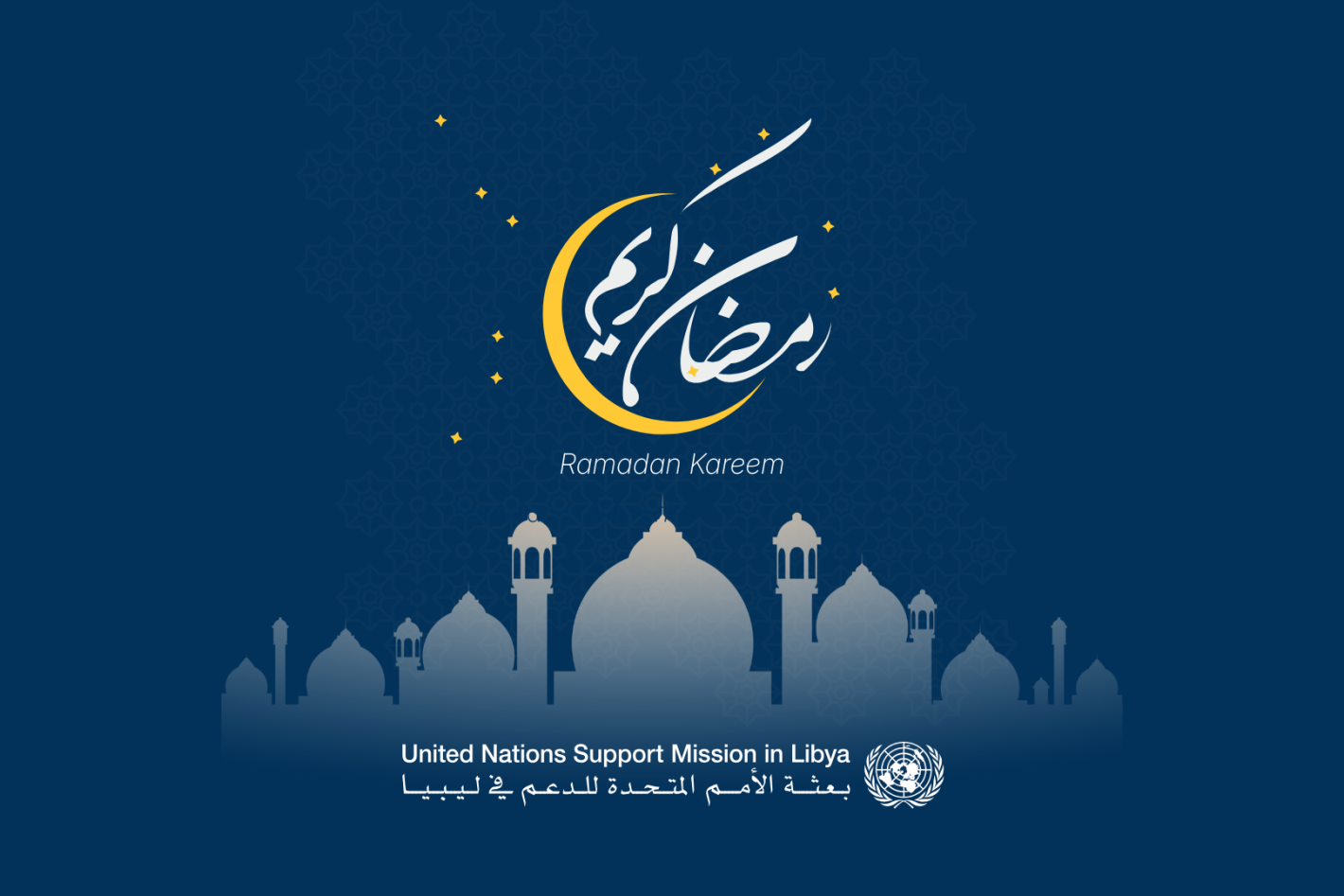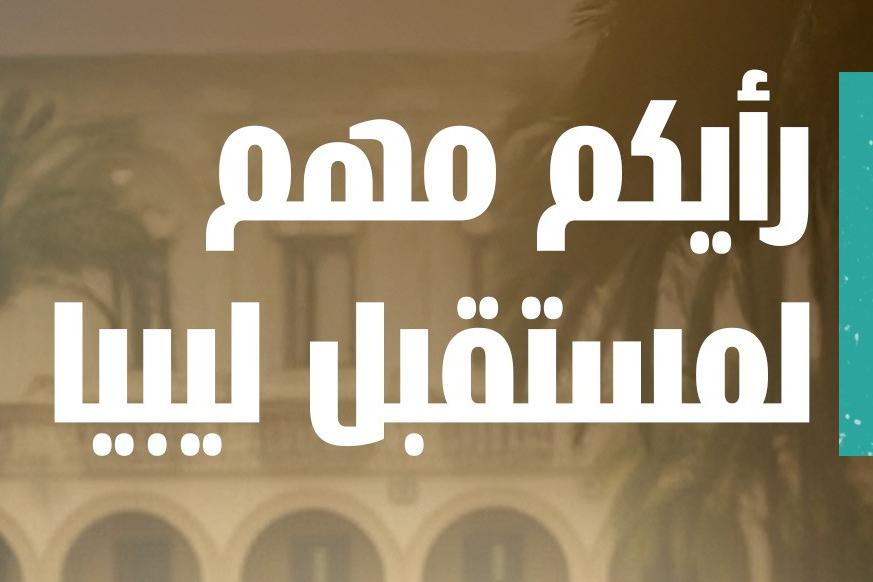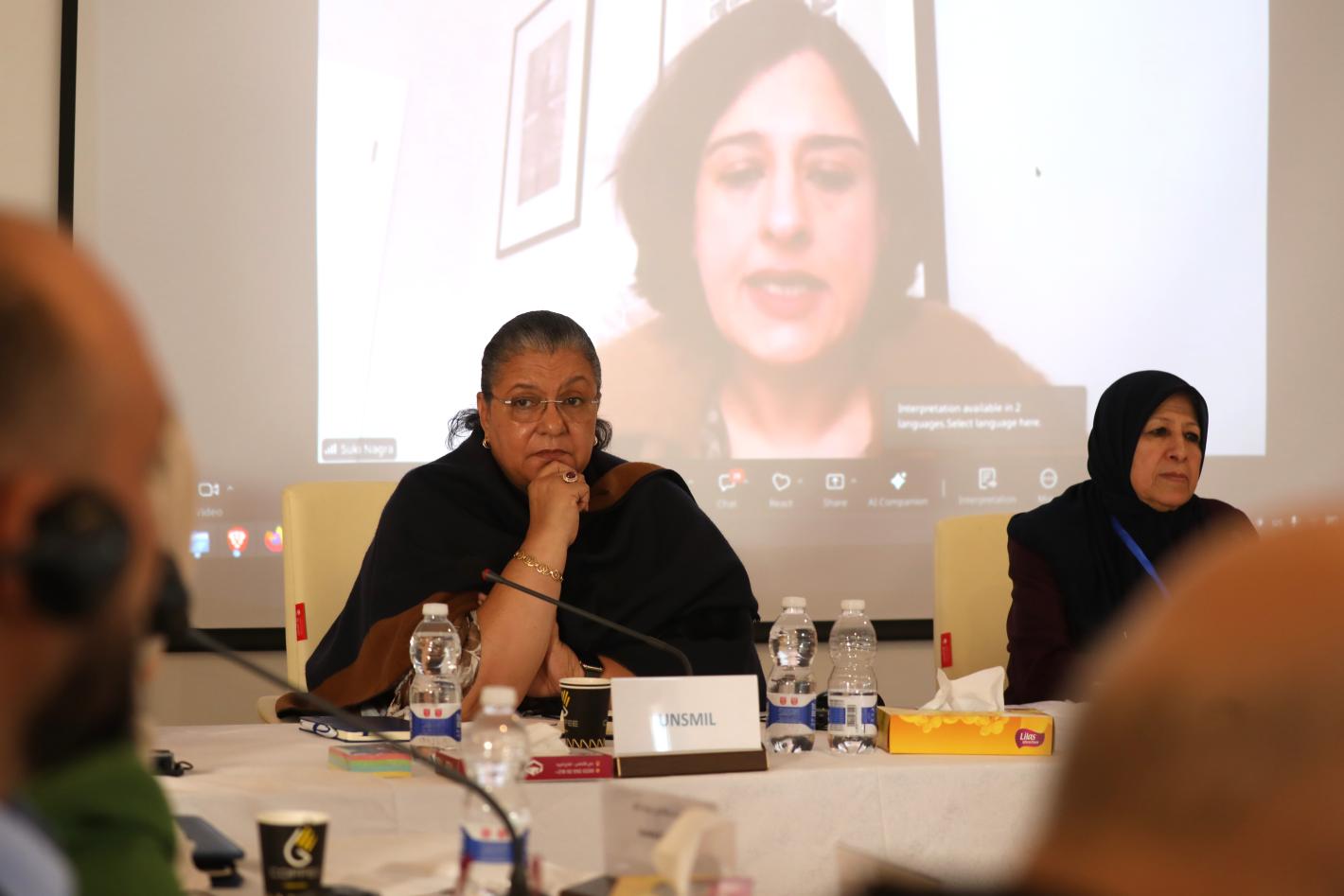برلين، 19 كانون الثاني/ يناير 2020 (ترجمة غير رسمية)
المستشارة ميركل
أصحاب السعادة
السيدات والسادة،
نحن هنا لأمر عاجل وملح، وهو وقف دوامة تردي الأوضاع في ليبيا.
أتقدم بالشكر إلى المستشارة ميركل على جمعنا هنا لدعم الجهود المبذولة لإنهاء النزاع في ليبيا.
وأعرب عن امتناني لجمهورية ألمانيا الاتحادية على هذه المبادرة الهامة - وأرحب بحضور هذا العدد الكبير اليوم من رؤساء الدول والحكومات الموقرين.
كما أود أن أشكر قادة المنظمات الشقيقة؛ رئيس مفوضية الاتحاد الأفريقي والأمين العام لجامعة الدول العربية ورؤساء المجلس الأوروبي ومفوضية الاتحاد الأوروبي لدعمهم القوي في إيجاد حل سلمي للنزاع في ليبيا.
أصحاب السعادة،
قبل عام من الآن، كان الليبيون - بدعم من المجتمع الدولي – بصدد اتخاذ خطوات تبعث على الأمل لدفع البلد إلى الأمام عبر حل سياسي.
إلا إن هذه الآمال تبددت في نيسان/ أبريل.
ومنذئذ، أسفر النزاع الدائر حول طرابلس عن مقتل وإصابة الآلاف، بينهم مئات المدنيين.
وأُنتهك القانون الإنساني الدولي مرات ومرات.
وأجبر ما يزيد على 170000 شخص على ترك منازلهم.
أغلقت أكثر من 220 مدرسة في طرابلس، ما تسبب في حرمان 116000 طفل من حقهم الإنساني الأساسي في التعليم.
كما تضرر المهاجرون واللاجئون العالقون في مراكز الاحتجاز القريبة من مواقع الاقتتال وما زالوا يعانون في ظروف مروعة.
ولا يمكن السماح لهذا الوضع المتردي أن يستمر.
وقد جُرتّ ليبيا إلى نزاع أعمق وأكثر تدميراً مع تزايد عدد الفاعلين الخارجيين.
نحن نواجه خطراً واضحاً بالتصعيد الإقليمي.
وأرى بحق أنه ليس هناك حل عسكري في ليبيا.
وقد آن الأوان لاتخاذ إجراءات فورية وحاسمة لمنع نشوب حرب أهلية شاملة.
فمثل هذا النزاع يمكن أن يؤدي إلى كابوس إنساني وأن يترك البلاد عرضة للانقسام الدائم.
وبالنسبة لدول الجوار المباشر لليبيا - جنوب البحر الأبيض المتوسط ومنطقة الساحل على وجه الخصوص - فإن العواقب وخيمة وملموسة: مزيد من الإرهاب ومزيد من الاتجار بالبشر وتهريب المخدرات والأسلحة والأشخاص.
أصحاب السعادة،
إننا نخسر المعركة ضد الإرهاب في القارة الأفريقية- وما عليكم سوى النظر إلى منطقة الساحل وبحيرة تشاد. إنني أؤمن إيماناً راسخاً بأن النجاح لن يكون حليفنا دون تحقيق السلام والاستقرار في ليبيا.
نجتمع اليوم لأداء دورنا في ضمان حل سلمي للأزمة الليبية، حل يحتاج إليه شعب ليبيا- بل والعالم أجمع-أشد الحاجة.
ونجدد دعوتنا إلى جميع المشاركين بصورة مباشرة أو غير مباشرة في النزاع بأن يبذلوا كل ما في وسعهم لدعم الوقف الفعلي للأعمال العدائية وإسكات صوت السلاح.
ولا بد من وقف الانتهاكات المتواصلة والصارخة لحظر التسليح الذي فرضه مجلس الأمن.
كما نعرب عن ترحيبنا بوقف إطلاق النار الأخير ونتعهد بالعمل معاً للاستفادة من هذا الزخم وتعزيز ترتيبات وقف إطلاق النار.
ونحث الأطراف الليبية على الدخول في حوار على أساس من حسن النية بشأن المسائل السياسية والاقتصادية والعسكرية في إطار عملية شاملة للجميع يقودها الليبيون ويتولون زمامها.
والأمم المتحدة ملتزمة التزاماً تاماً بمواصلة دعمها لهذه العملية.
أصحاب السعادة،
نجتمع هنا اليوم لخلق بيئة دولية مواتية تمكن الليبيين أنفسهم من أن يلتئموا ويجدوا الحلول.
ويؤكد بيان برلين الختامي المبادئ الأساسية لصون السلم والأمن الدوليين، مثل السيادة وعدم التدخل واحترام القانون الدولي، بما في ذلك قرارات مجلس الأمن التابع للأمم المتحدة.
ويشمل أيضاً آلية متابعة ملموسة تتوخى المحافظة على الزخم وتتبع التقدم المحرز.
لا بد لنا أن ننتقل من الأقوال إلى الأفعال.
إن مصداقيتنا كمجتمع أمم أمام اختبار.
ومن جهتي، أتعهد بأن تقدم الأمم المتحدة دعماً كاملاً لجميع الجهود الرامية إلى ترجمة الأقوال إلى تقدم ملموس على الأرض.
سنقف إلى جانب الشعب الليبي وهو يعمل على حل خلافاته من خلال النقاش والحلول التوفيقية على أساس حسن النية ليرسم طريقه نحو مستقبل أكثر سلاماً.
وإنني أعول على دعمكم الكامل وشكراً لكم.






